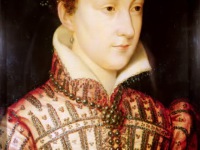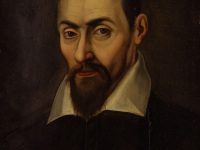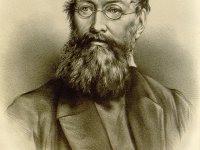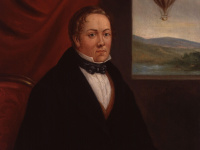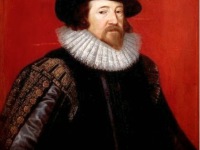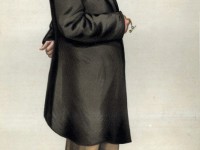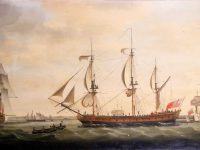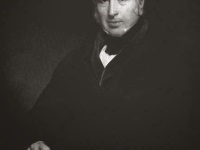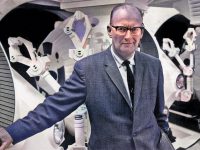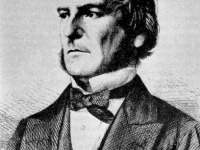Mary, Queen of Scots
On February 18, (or February 8 according to the old Julian calendar), 1587, Mary, Queen of Scots, was executed after having found guilty of plotting to assassinate Queen Elizabeth I. In the Western world, we all might have heard about the rivalry of Queen Elizabeth I [5] and Mary, Queen of Scots. I have learned about the story back at high school in my German lessons, when we were reading Friedrich Schillers ‘Maria…
Read more

